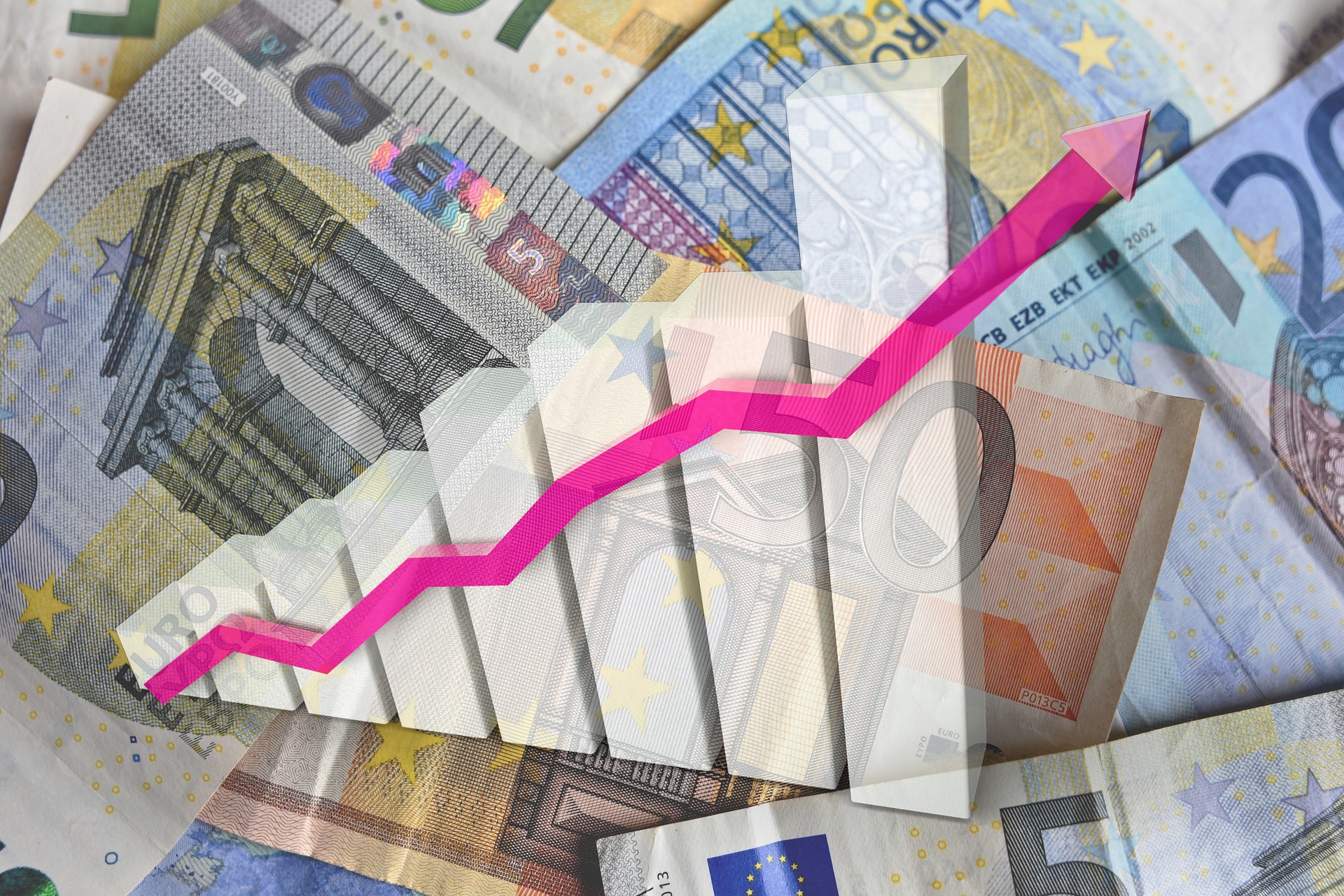
Inflation in the eurozone jumped to 8.1% in May, from 7.4% in April, according to preliminary data released by Eurostat on Tuesday. Analysts forecast a much smaller increase to 7.8%. For Greece, inflation is estimated at 10.7% in May, up from 10.2% in April.
Looking at the main components of inflation in the euro area, energy is expected to have its highest annual rate in May (39.2%, compared to 37.5% in April), followed by food, alcohol and tobacco (7, 5%, compared to 6.3% in April), non-energy industrial goods (4.2%, compared to 3.8% in April) and services (3.5%, compared to 3.3% in April).
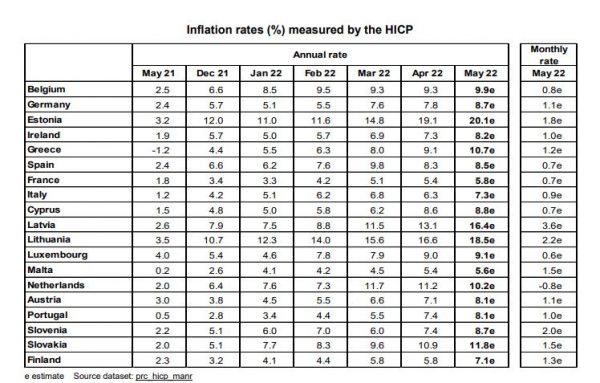
In this climate, the Central Banks are in a quandary, looking for the golden section in their monetary policy, which will allow them to curb prices without sinking growth.
ECB meeting
These worrying economic statistics come ahead of the European Central Bank meeting on June 9, at which European bankers will be asked to decide when to support the crisis measures adopted during the crisis, including unprecedented purchases of property and assets. negative interest rates.
Markets are now discounting two or three interest rate hikes this year, starting in July, by 25 basis points each.
But voices within the ECB, especially from northern countries such as the Netherlands, do not rule out the need to raise interest rates even by 50 basis points to US Federal Reserve standards.
Record in France
Inflation in France jumped to a new all-time high of 5.8% in May as rising energy and food costs continued to flow into other goods and services.
The figures released in the eurozone’s second-largest economy, combined with those released yesterday by Germany and Spain, amplify inflationary pressures in Europe, and make the work of the European Central Bank even more difficult.
Meanwhile, a separate report showing that the French economy shrank by 0.2% in the first quarter of the year on a quarterly basis is reheating the scenarios for stagflation.
Inflation in Germany is at 50 year high
Inflation in Germany jumped to its highest level in nearly half a century in May, mainly due to rising energy and food prices triggered by the war in Ukraine.
The Federal Statistical Office announced on Monday that the harmonized index of consumer prices stood at 8.7%. The last time inflation was so high in Germany was in the winter of 1973/1974, amid the first oil crisis.
It was also well above the 8.0% forecast by analysts in a Reuters poll. Inflation was 7.8% in April.
Latest News

Current Account Deficit Fell by €573.2ml Feb. 2025: BoG
The improvement of Greece’s current account was mainly attributed to a more robust balance of goods and, to a lesser extent, an improved primary income account

Hellenic Food Authority Issues Food Safety Tips for Easter
Food safety tips on how to make sure your lamb has been properly inspected and your eggs stay fresh.

Greek Kiwifruit Exports Smash 200,000-Ton Mark, Setting New Record
According to data by the Association of Greek Fruit, Vegetable and Juice Exporters, Incofruit Hellas, between September 1, 2024, and April 17, 2025, kiwifruit exports increased by 14.2%.

Easter Tourism Boom: Greece Sees 18.3% Surge in Hotel Bookings
Among foreign markets, Israel has emerged as the biggest growth driver, with hotel bookings more than doubling—up 178.5% year-on-year.

Greece to Launch Fast-Track Tender for Offshore Hydrocarbon Exploration
Last week, Papastavrou signed the acceptance of interest for the two Cretan blocks, while similar decisions regarding the two Ionian Sea blocks were signed by his predecessor

American-Hellenic Chamber of Commerce to Open Washington D.C. Branch
AmCham's new office aims aims to deepen U.S.-Greece economic ties and promote investment and innovation between the two countries

Why Greece’s New Maritime Spatial Plan Is a Geopolitical Game-Changer
This landmark development is more than just a bureaucratic step — it's a strategic declaration about how Greece intends to use, protect, and assert control over its seas
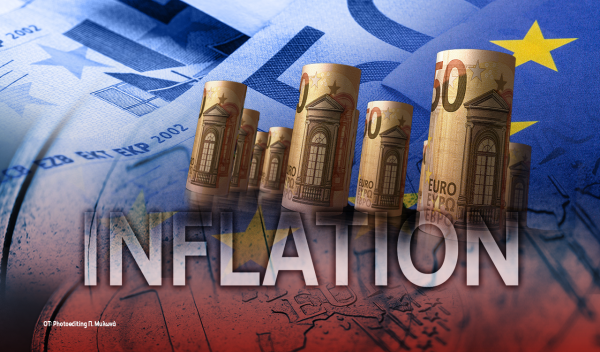
Eurozone Inflation Eases to 2.2% in March
Compared to February, inflation decreased in 16 member states, remained unchanged in one, and rose in ten.
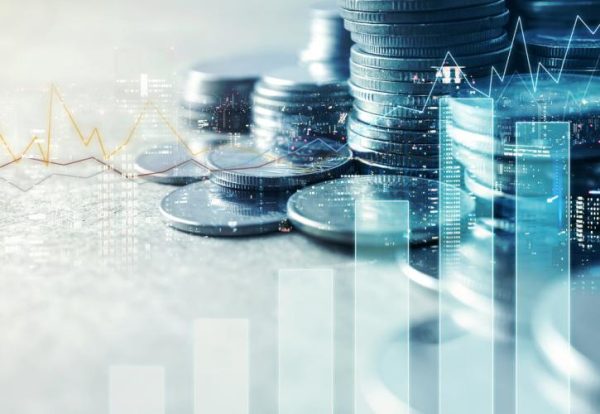
Bank of Greece: Primary Gov. Surplus €4.1b Jan.-March 2025
The data released today by the Bank of Greece revealed that the central government’s overall cash balance recorded a surplus of €1.465 billion in the first quarter of 2025, compared to a deficit of €359 million in the corresponding period of 2024.

Greek Government Reissues 10-Year Bond Auction for €200 Million
The amount to be auctioned will be up to 200 million euros, and the settlement date is set for Friday, April 25, 2025 (T+5)








![Πλημμύρες: Σημειώθηκαν σε επίπεδα ρεκόρ στην Ευρώπη το 2024 [γράφημα]](https://www.ot.gr/wp-content/uploads/2025/04/FLOOD_HUNGRY-90x90.jpg)

















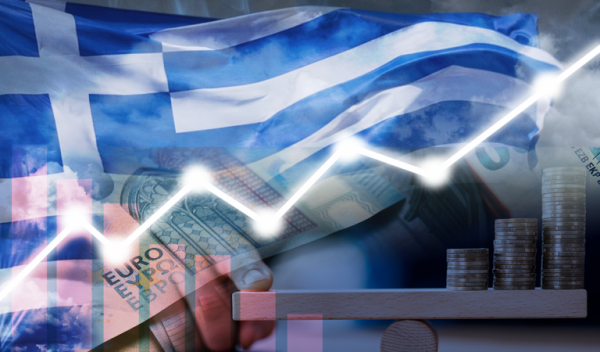
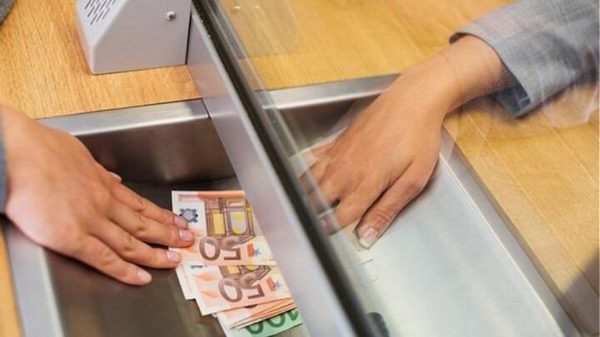

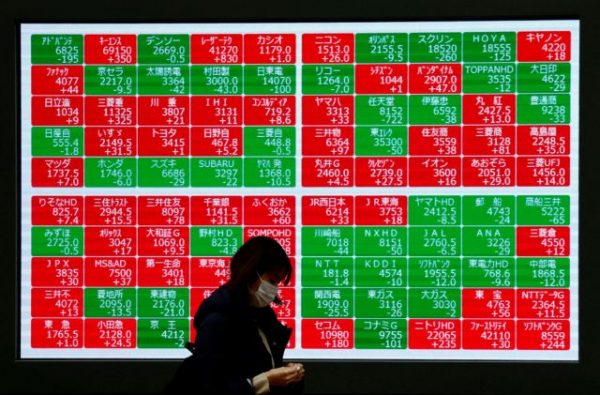












 Αριθμός Πιστοποίησης
Αριθμός Πιστοποίησης